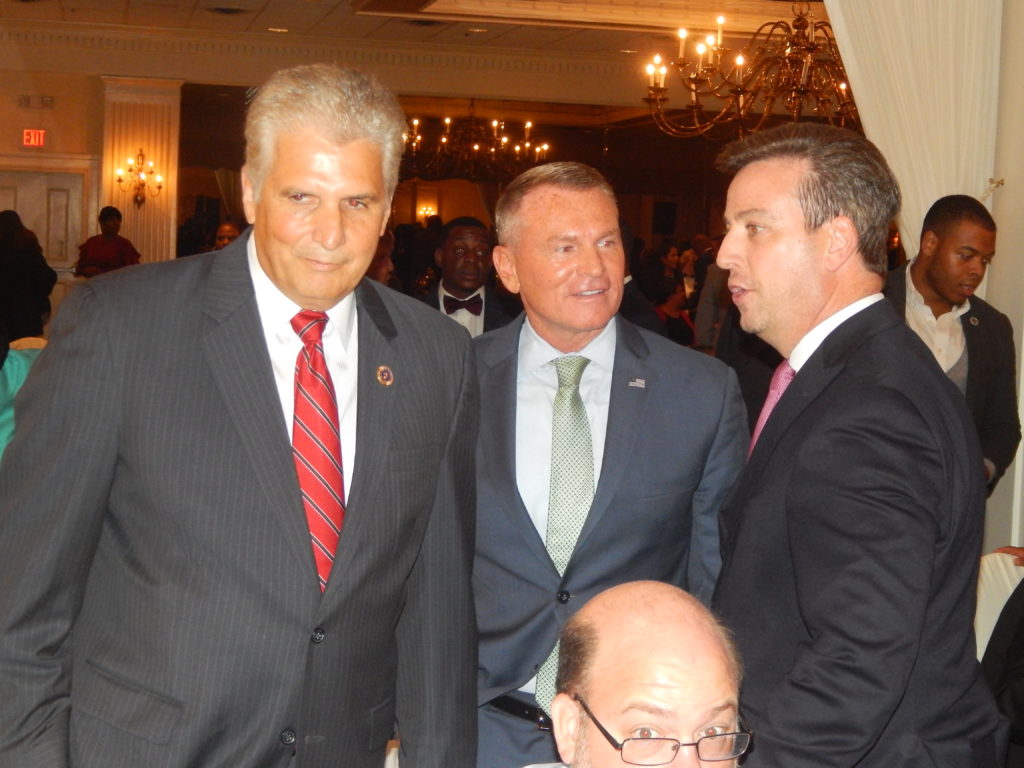Making New Jersey’s Presidential Primary Influence and Delegates More Meaningful

My father would say that “Life is not fair, and politics is less fair than life.” Enter presidential politics and its delegate system in the primary and its electoral college system in the general election and both systems appear to be downright unjust.
When it comes to presidential elections in America, every vote is not equal, especially in the Party Presidential primaries. And New Jersey voters are at the stinking rear end of the system, along with Montana, South Dakota, and New Mexico, being the last states to host presidential primaries in June.
Bernie Sanders led a crusade to limit the influence of “superdelegates” after a contentious primary battle with Hillary Clinton in 2016. The group of about 700 automatic, unpledged party leaders, elected officials and activists previously were able to back whichever candidate for the nomination they chose. The Democratic National Committee voted unanimously to limit their powers by not allowing them to vote on the first ballot at the convention.
New Jersey has had two viable presidential candidates over the last five presidential elections with Bill Bradley in 2000 and Chris Christie in 2016. Bill Bradley conceded to Al Gore and dropped out of the race after “Super Tuesday” on March 26, 2000, and Chris Christie abandoned the race and endorsed Donald Trump after the Iowa Caucus and New Hampshire Primary on February 26, 2016. Neither getting a chance to garner the delegates that New Jersey has to offer.
New Jersey did move up our presidential primary in 2008 in order to be a part of the action by scheduling our primary on “Super Tuesday” along with 21 other states in February. The thought was for New Jersey to be more of a player in presidential politics where candidates would have to engage the people of New Jersey instead of just taking our hefty campaign donations to spend in other states that actually decide the primary.
The move worked. Republican and Democratic candidates and their campaigns for president focused on gaining the support of voters and delegates from New Jersey. On February 5, 2008, more than 1.7 million New Jersey voters stormed the polls casting votes for presidential primary candidates. Unfortunately, moving the presidential primary to “Super Tuesday” was a one-time event. Four years later in 2012, when the presidential primary date was changed back to June, just 589,417 voters cast ballots for candidates for president.
The U.S. Supreme Court has made landmark decisions seeking to favor a “one person, one vote” standard in the electoral process. The argument for “one person, one vote” is simply an application of the principal of political equality. All votes should carry the same weight, it is said, because no justification can be found for singling out certain citizens for preferential treatment.
The Fourteenth Amendment holds that all citizens are entitled to “equal protection of the laws” would seem to require that all 50 states hold a national presidential primary on the same day.
The electoral college was a compromise struck at the inception of our nation and still decides the winner of our presidency more than 230 years later. New Jersey cannot force a popular vote for president, but we can sure as heck move our primary.
New Jersey’s Cory Booker is expected to announce his candidacy for president. Our legislature can pass legislation that Governor Phil Murphy can sign that will move our primary up so that the 128 Democratic delegates can boost Booker’s chances at the nomination of President or Vice President and the 51 Republican Delegates can advance the odds of their chosen nominee.
Let us be fair and give the people of New Jersey a voice before the rest of America chooses for us.
Christopher J. Durkin is the Essex County Clerk





